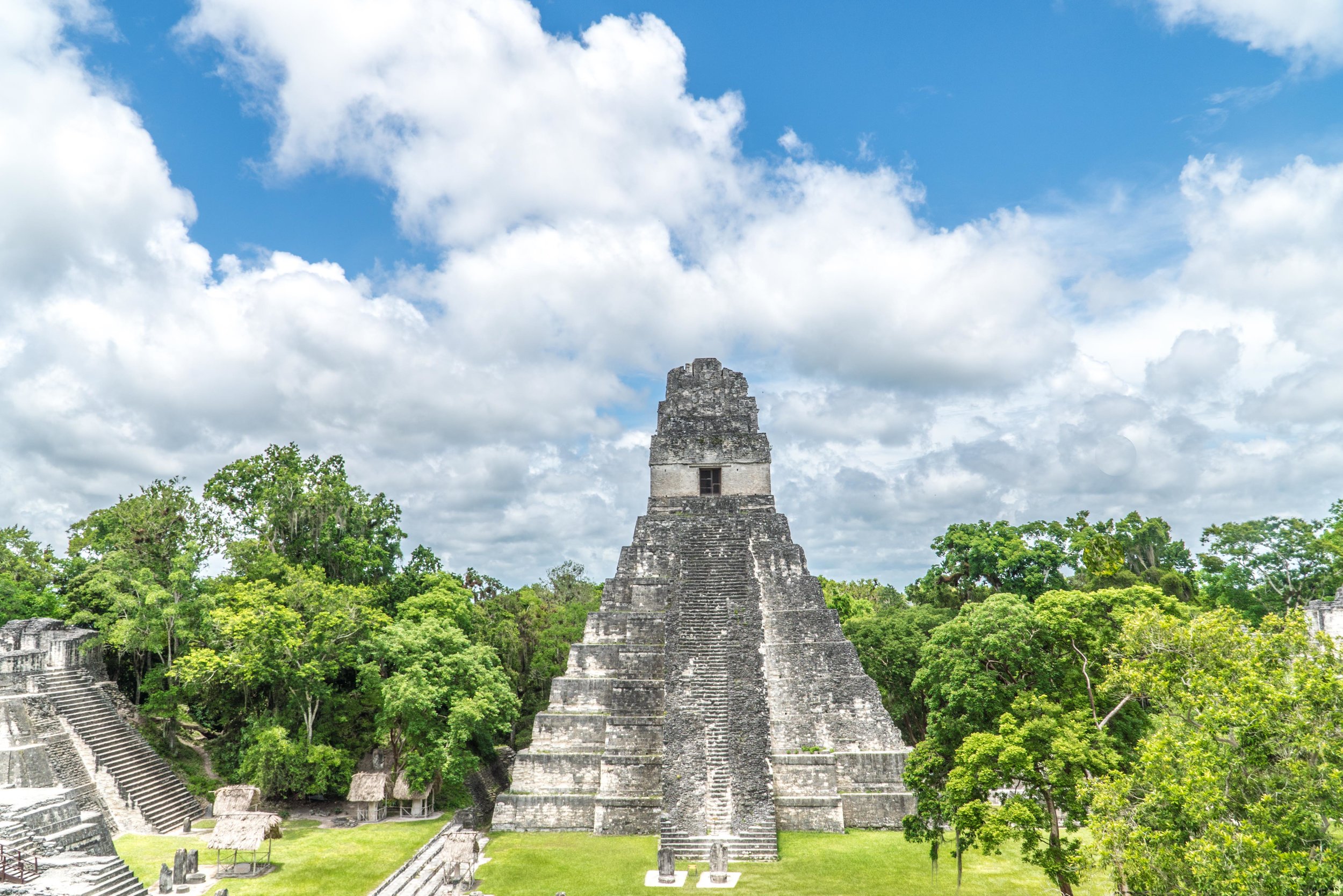Leave No Trace Guidelines From a Former U.S. Forest Service Ranger
This post comes from former United States Forest Service Ranger, Miranda Leconte. I met Miranda last summer in North Lake Tahoe, and I immediately was inspired by her story about becoming a forest service ranger,and spending days and nights at a time at her post in Desolation Wilderness in Lake Tahoe. So while I have a lot to say about protecting the outdoors, I couldn't think of anyone better than Miranda to talk about protecting the outdoors, since she lived and breathed it for several years as a USFS ranger. As such, I asked Miranda to share her take on Leave No Trace principles for the outdoors. Read on to learn more about the Leave No Trace principles from a former forest ranger.
Let’s talk about how to treat the earth respectfully. If you’re like me, then your love affair with the environment may not have exactly come with a playbook on how to take care of it. The bottom line is that having respect for the outdoors isn’t just about picking up trash, but taking the time to learn about what makes nature so beautiful and intricate, and doing everything possible to preserve it.
And after working for the U.S. Forest Service for several years as a USFS ranger, I can say that 9 out of 10 backpackers that I contacted in the wilderness did not know the first principle of Leave No Trace. In fact, many people probably aren't even aware that there's a non-profit, the Leave No Trace Center for Outdoor Ethics, which dates back two decades and is dedicated to educating people about their impacts on nature. Many outdoor enthusiasts may have heard about “Leave No Trace,” or “LNT,” but few may actually know that there are seven principles to the set of Leave No Trace ethics! I know it seems like a lot of work to memorize, but I promise it’s worth it.
My hope is that after reading this article about Leave No Trace principles, you’ll walk away with more knowledge about the environment, have pride in your responsibility to the outdoors, and be a resource for others to come to for instruction on how to respect wild lands. In fact, that’s essentially what rangers are paid to do: Know, practice, reinforce, and teach these ethics in order to protect the environment around us. Read on for my take on Leave No Trace.
1. Plan Ahead & Prepare
It’s important to check rules and regulations before you go camping or hiking somewhere, especially if it’s in a protected space like a wilderness area or wildlife sanctuary. I’ve talked with people who go out for a day hike with no water because they had assumed that water would be available miles into the wilderness. And I’ve had to give backpackers big garbage bags so they could protect their gear because they weren’t at all prepared for the storm passing overhead. It doesn’t take long to check things like weather forecasts and look up any possible alerts on local, state, and national park websites and social media accounts. On the day of your hike or camping trip, I'd recommend stopping at the nearby ranger station for the latest info and recommendations from rangers, as well as pick up trail maps and other resources that can come in handy on the trail.
2. Travel & Camp on Durable Surfaces
In order to protect fragile areas, avoid camping on grassy areas and camp at least 200 feet from water (unless regulations state otherwise). It’s understandable why everyone wants to camp next to water, but it’s important to let these delicate aquatic communities have their alone time. Plus, the best views are further back from the water anyways. As the LNT puts it, "good campsites are found, not made." As such, look for campsites that are on existing trails, or are otherwise on durable surfaces and away from vegetation.
3. Dispose of Waste Properly
Behold, this is arguably the most ignored topic of all! And this principle of disposing waste properly goes far beyond just packing out your trash. Nobody wants to talk about how to bury their poop, but it’s a great skill to have once you’re outdoors and the moment comes when you have to go. Regulations exist in most places on whether to bury your waste and toilet paper (6” deep is the guideline) or pack it out. Either way, take care of your business at least 200 feet from water. Also, do yourself a favor and bring a shovel or a trowel so you don’t have any excuses to leave your waste for everyone to see. If you don’t practice packing out your garbage, start now! I’ve found foil and other trash left behind in campfire rings and seen people cooking their meals right next to lakes and dumping cooking oil straight in the water or on the rocks around the water. This is gross and depletes water quality. Go a step further and always keep small trash bags in your backpack to make it easy and convenient to pack your waste out.
4. Leave What You Find
You've probably head the saying, “Take nothing but memories, leave nothing but footprints.” And it’s great advice! I used to have to ask hikers to put down the wildflowers they had picked, leave behind the sticks they took, and return the pine cones they had grabbed for decorations in their homes. These things have a place in nature for a reason, so please let them decompose and replenish their ecosystem like they were meant to.
5. Minimize Campfire Impacts
Campfires cause a lot of damage to the earth so try to use a camp stove whenever possible. If you do have a campfire where they're permitted, keep it small, don’t break off live branches to build the fire, and make sure that it’s cool to the touch before you leave. Remember to check campfire regulations, since during fire season it’s normal to have strict rules on having campfires.
6. Respect Wildlife
Protect wildlife by not giving them a reason to approach you or your campsite. Keep your food in a safe place (bear cans or hanging from trees) and consider binoculars for observing animals from a distance. If you’ve got a dog with you, make sure that it’s within your view at all times so that he or she doesn’t spook the animals. Remember, you’re in the wildlife's home!
7. Be Considerate of Other Visitors
The best way to practice this ethic is to just treat others how you would want to be treated. Be friendly on the trail, keep your voice and music down, and try to give others the best experience they can have when enjoying the backcountry. I usually ask people with speakers attached to their backpacks to please use earphones instead so that they don’t negatively affect anyone else’s wilderness experience.
While most of these ethics are common sense once you learn them, I think Leave No Trace is a set of guidelines that everyone should try to follow in every part of our lives. Furthermore, with social media as a regular part of our daily lives, I recommend trying to keep quiet about the locations of the special places in nature you visit. Leave No Trace has some new recommendations on how to handle social media in regards to the environment on their website. Your duty now is to take what you’ve learned, keep learning more, and continue being a friend of our wild places!
Learn more about Leave No Trace Principles through lnt.org











